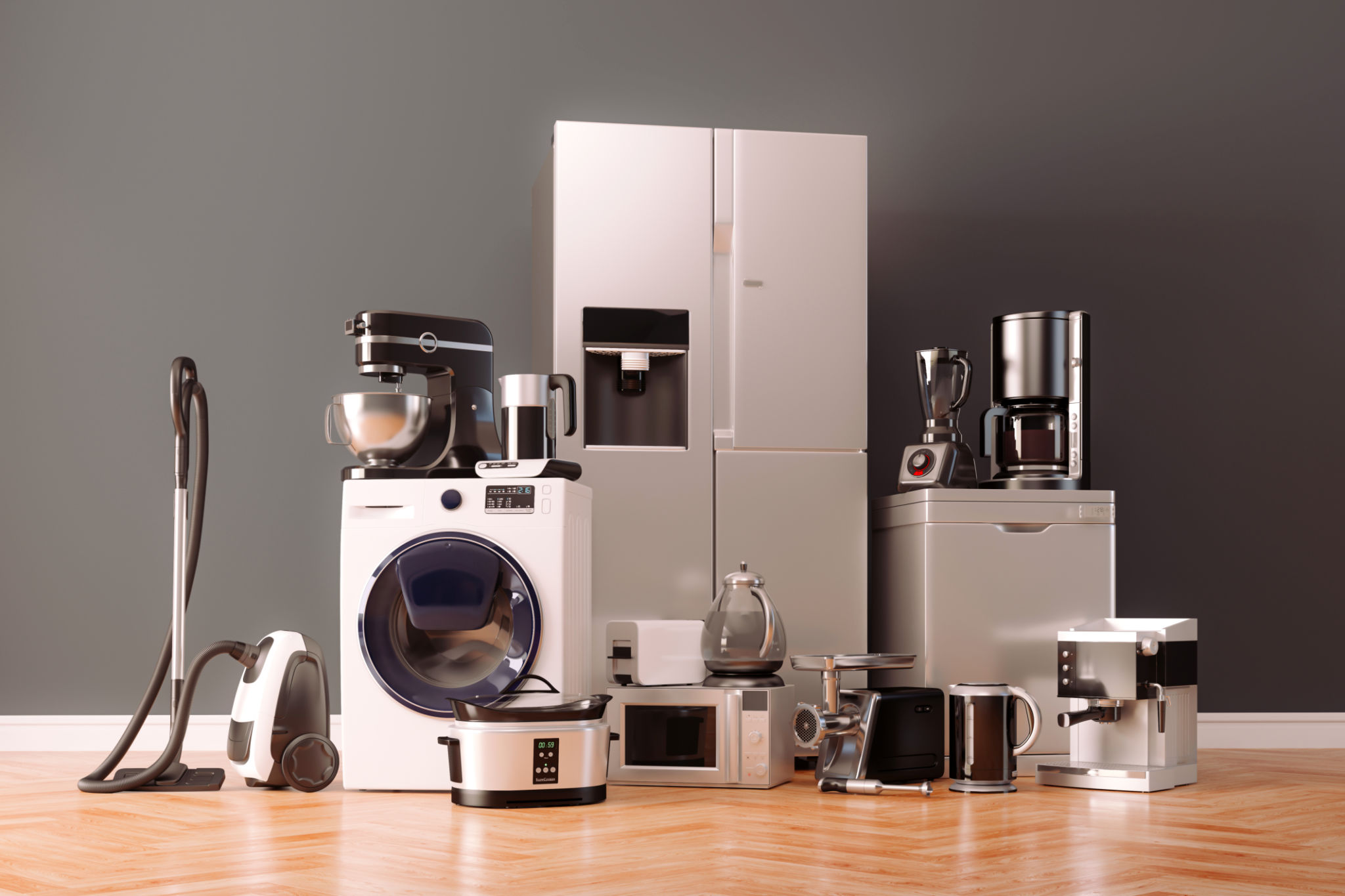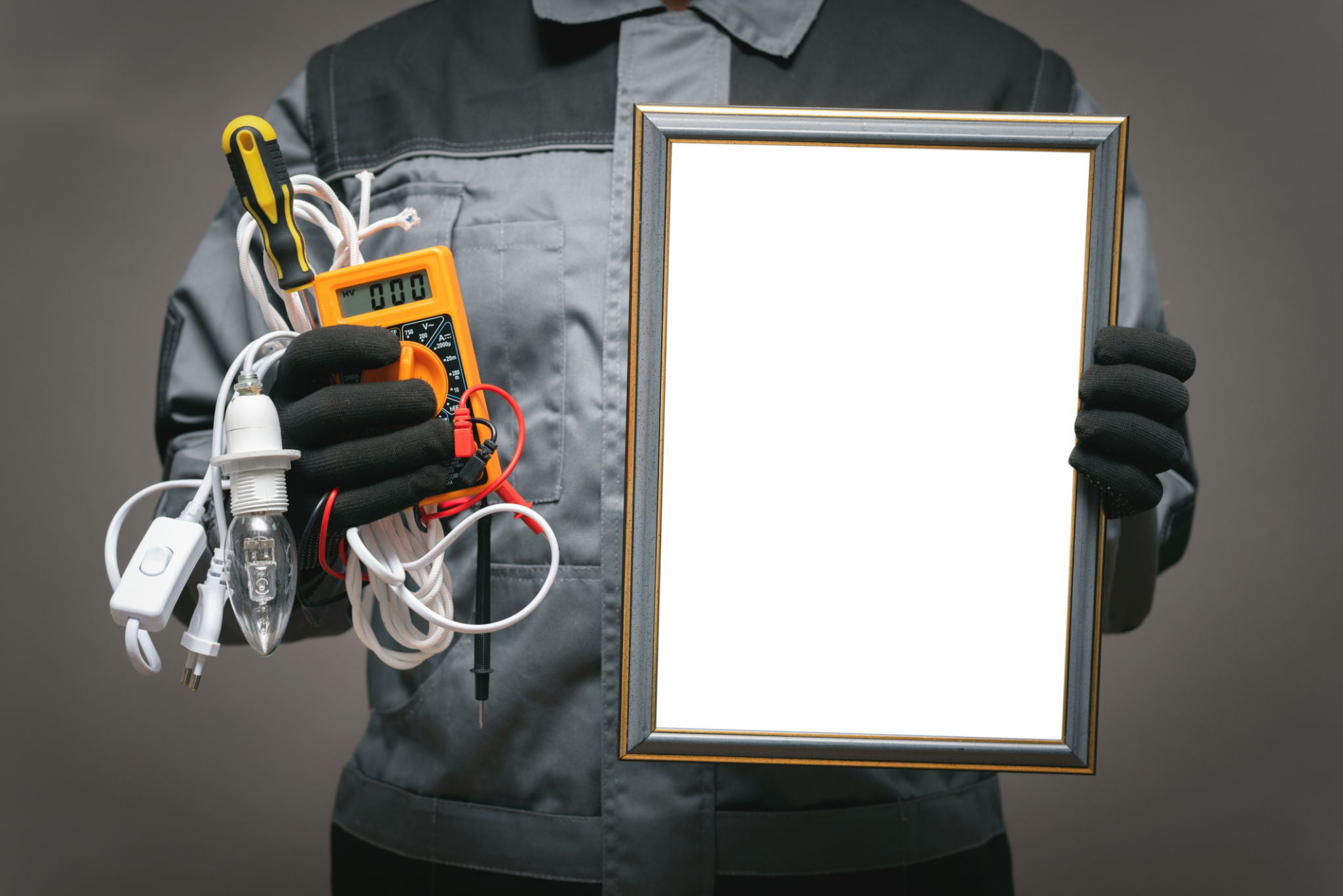The Ultimate Guide to Electrical Safety in Auckland Homes
Understanding the Importance of Electrical Safety
Electrical safety in homes is a critical concern, particularly in a bustling city like Auckland where residential areas are densely populated. Ensuring that your home is electrically safe not only protects your property but also safeguards the well-being of your family. This guide aims to provide you with essential tips and best practices for maintaining electrical safety in your Auckland home.

Common Electrical Hazards
Identifying common electrical hazards is the first step in preventing electrical accidents. Some typical hazards include overloaded power outlets, frayed wiring, and outdated electrical systems. Each of these issues can lead to serious consequences if not addressed promptly.
Overloaded power outlets can cause overheating and potentially start a fire. Similarly, frayed wiring poses a risk of electric shocks and short circuits. It’s crucial to regularly inspect your home for these hazards to ensure everything is functioning as it should be.
Safety Tips for Everyday Use
To maintain a safe environment, consider implementing some everyday safety practices:
- Always unplug appliances when not in use.
- Avoid using extension cords as a permanent solution.
- Install safety covers on unused outlets, especially if you have young children.
By incorporating these simple practices into your daily routine, you can significantly reduce the risk of electrical mishaps.

Choosing the Right Electrical Appliances
Investing in quality electrical appliances is an essential aspect of home safety. Opt for appliances that are certified and meet safety standards. Look for products with the New Zealand Electrical Safety Compliance mark to ensure they are suitable for use in Auckland homes.
Regular maintenance of your appliances is equally important. Clean them according to the manufacturer's instructions and check for any signs of wear and tear. Timely maintenance can extend their lifespan and keep your home safe from potential electrical failures.
Engaging Professional Electricians
While basic checks and maintenance can be handled by homeowners, certain tasks should always be left to professionals. Engaging a certified electrician for tasks such as rewiring or installing new circuits ensures that the work complies with safety regulations and standards.
Professional electricians bring expertise and experience, which is invaluable for complex tasks. They can identify potential risks that might not be apparent to an untrained eye, ensuring your home remains secure.

Regular Electrical Inspections
An often overlooked aspect of electrical safety is regular inspections. Scheduling annual inspections with a licensed electrician can help identify issues before they become serious problems. These inspections are especially important if your home features older wiring or has undergone significant renovations.
During an inspection, electricians will assess the condition of your wiring, outlets, and appliances, providing peace of mind and preventing costly repairs down the line.
Emergency Preparedness
Preparation is key in case an electrical emergency occurs. Ensure that your home is equipped with functional smoke detectors and fire extinguishers. Everyone in the household should be familiar with the location of the main electrical panel and know how to turn off the power in case of an emergency.
Having an emergency plan in place can make a significant difference in ensuring your family's safety during unforeseen events.

Conclusion
Electrical safety is an ongoing responsibility that requires attention and action. By understanding common hazards, adopting safe practices, choosing reliable appliances, and relying on professional services when necessary, you can create a secure environment for you and your loved ones in your Auckland home. Remember, when it comes to electrical safety, prevention is always better than cure.
